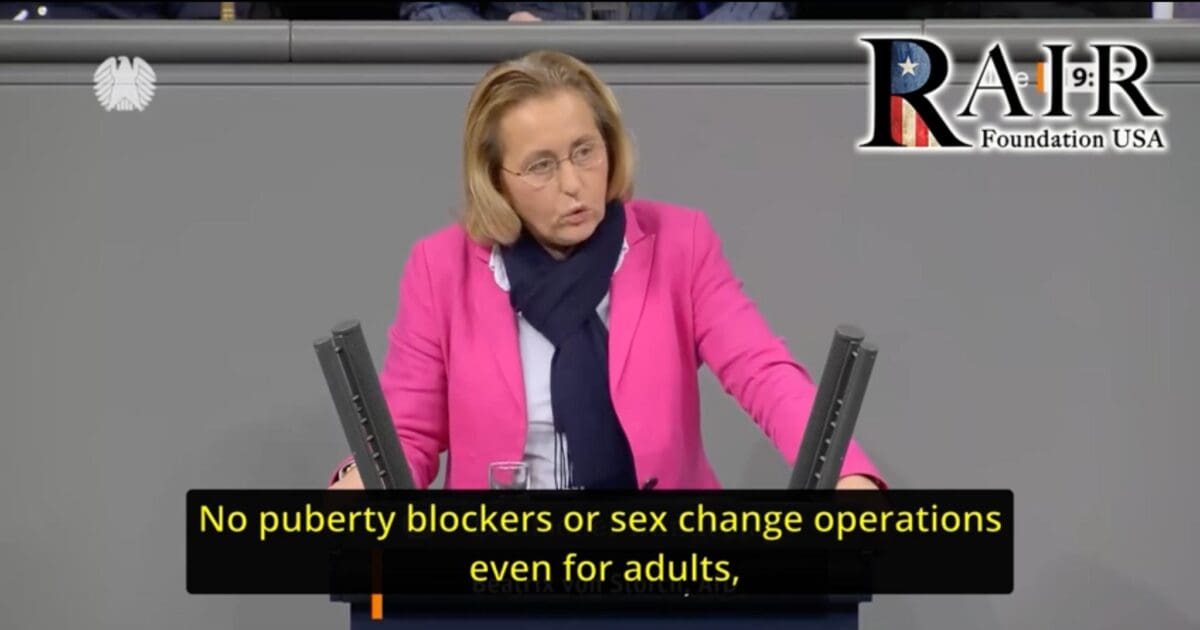While Denmark’s decision to deport all foreign criminals sentenced to unconditional prison terms is a welcome step, one can’t help but ask: why has it taken so long? The policy—essentially a matter of basic common sense—should have been standard practice in any nation that values law, order, and the safety of its citizens.
Minister of Immigration and Integration Kaare Dybvad Bek is right when he says: “The hammer must fall even harder.” Foreign citizens disproportionately involved in serious crimes, from gang violence to brutal assaults, have long exploited gaps in Denmark’s legal system, evading deportation through lenient policies that prioritized their “rights” over public safety. The fact that foreign criminals could remain in the country despite serious convictions is not just absurd—it’s shameful.
The abolishment of the so-called ladder system, which previously allowed foreign criminals to avoid deportation based on the length of their stay, is decades overdue. Staying in a country for years does not grant immunity from the consequences of criminal behavior. Those who abuse the hospitality of their host nation deserve swift and uncompromising justice.
Why Celebrate the Obvious?
While the Danish government deserves credit for finally addressing this glaring failure, it is troubling that such actions are hailed as bold and groundbreaking. This isn’t radical or groundbreaking—it’s the kind of common sense that should have underpinned immigration laws across the West decades ago. Governments should not pat themselves on the back for doing what is necessary. The real question is: why was this loophole allowed to exist in the first place?
Western nations have for too long prioritized virtue-signaling, open-border ideologies, and bureaucratic complacency over protecting their citizens. The result? Gang violence, skyrocketing crime, and a sense of lawlessness that leaves innocent people suffering while politicians squabble over hypotheticals.
New Measures: Key Details
Denmark’s new law will abolish the ladder system for all foreign nationals sentenced to unconditional prison terms. This means:
- Deportation will occur regardless of how long the individual has lived in Denmark or the length of their sentence unless doing so would violate Denmark’s international obligations.
- Expanded deportation access will apply to all types of unconditional sentences—not just violent or sexual crimes as under the current system.
- It is expected to result in a three-digit increase in annual deportation cases, leading to a double-digit number of additional deportations annually.
The government acknowledges that estimates are subject to uncertainty. Still, this step ensures Denmark’s international obligations alone set the boundaries for deportation cases, removing the leniency and loopholes that have plagued the system for years.
Minister Bek did not mince words when explaining the rationale for this move:
“Foreigners in Denmark are unfortunately overrepresented in crime statistics and too often commit serious crimes – for example, in the gang area. We should not accept that.”
The policy will require a legislative amendment, and its implementation is expected on July 1, 2025. With broad support in Parliament, the changes appear certain to pass, sending a clear and uncompromising message to criminals and policymakers across Europe.
A Call for Action Beyond Denmark
Denmark’s neighbors are no strangers to the consequences of weak deportation policies. Sweden has become synonymous with spiraling gang violence, much of it linked to foreign nationals. At the same time, Germany and France have struggled to balance public safety with lenient laws that embolden criminals. These nations face the same question Denmark has just answered: Should dangerous individuals remain, or should the safety of citizens come first? Denmark’s decision sets a precedent others can no longer afford to ignore.
Denmark’s move—while praiseworthy—is just the beginning. Every Western government must take a hard look at their immigration and criminal justice systems and ask themselves:
- Why are foreign criminals allowed to remain in our countries?
- Why do we bend over backward to avoid offending dangerous individuals while neglecting the safety of law-abiding citizens?
- When will our leaders stop celebrating tiny victories for merely doing the bare minimum?
It is time for a broader, unapologetic push toward common-sense governance. Deporting foreign criminals isn’t controversial or extreme. It’s the bare minimum any sovereign nation must do to protect its citizens. The West must wake up and realize that maintaining order and sovereignty is not optional.
A Victory for Denmark—And a Wake-Up Call for the West
By abolishing the ladder system, Denmark has drawn a clear line in the sand: foreign criminals will no longer exploit the system to threaten its people. This is leadership in its purest form.
As Minister Bek so aptly put it: “Every criminal foreigner who is deported by Denmark is a victory for the rule of law and a victory for our country.”
Denmark has acted decisively. How many more innocent lives must be shattered before the rest of Europe wakes up? The West can no longer hesitate—doing so is a betrayal of the citizens governments are sworn to protect.
Denmark has acted. When will the rest of the West find the courage to do the same?














Let’s hope Denmark will still be around to see the deportation process start. Why are they waiting until next year? Thanks Amy and RAIR for another important news story.
No victory there. You’re putting a plaster-bandage on the Hoover Dam and expecting things to go well. Why only remove your socks when the entire body needs to be hosed down?